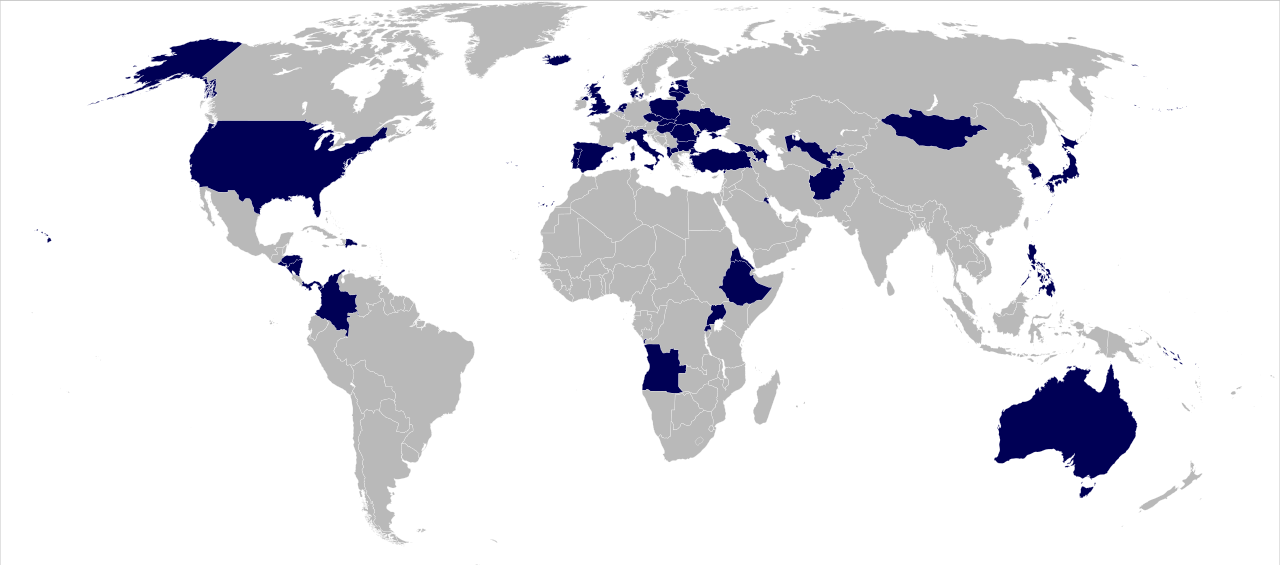How often will you repeat your wrong statements although you know you are wrong? And how far is your verbal nonsense from real death and real sufferings in this world here?
Translation:
After the overthrow of the Shah in Iran in 1979, the Americans also sought better relations with the Iraqi regime. In 1982, Iraq was removed from the list of countries that the U.S. believed supported terrorism, and as a result, Iraq was given substantial economic aid. Materials were also supplied that could be used for military purposes. The most important factor in U.S. support, however, was certainly the supply of intelligence. In the war against Iran, CIA satellite images were of great use to Iraq.
All Western states supported Iraq's war of aggression against its neighboring country, or at least tolerated it sympathetically. It was feared that the Iranian mullahs could conquer the strategically important Gulf region and thus control the world's most important oil deposits. In addition to France and Germany, numerous other European states - such as Great Britain and Italy - were arming Saddam Hussein during these years. Despite his ties to the United States, the Iraqi dictator continued to receive support from the Soviet Union, and the oil states in the Gulf also lent Baghdad a helping hand with financial resources.
After the cease-fire in the summer of 1988, the West continued to strive for good relations with the Iraqi regime and unwaveringly continued to supply weapons. By this time, Iraq was equipped with modern weapons technology. By the time Saddam Hussein replaced President al-Bakr in 1979, the country had already become the world's top arms importer. By 1990, the number of troops had grown to one million; the Iraqi army was better equipped than the armies of Iran, Syria and all the Gulf monarchies. According to estimates by the International Institute for Strategic Studies, the country was spending a quarter of its gross domestic product on military purposes at that time.
Under the Bush Father administration, U.S.-Iraqi relations reached their peak. Washington hoped to build a valuable ally in Saddam Hussein in a geostrategically important region. Although there were voices in the United States warning against the dictator in Baghdad as well, it was not until the Iraqi invasion of Kuwait on August 2, 1990, that intelligence agencies and think tanks realized that Saddam was not the reasonable and willing ally to be counted on. The invasion of Kuwait led to a radical shift in U.S. and European policy toward Iraq. .



